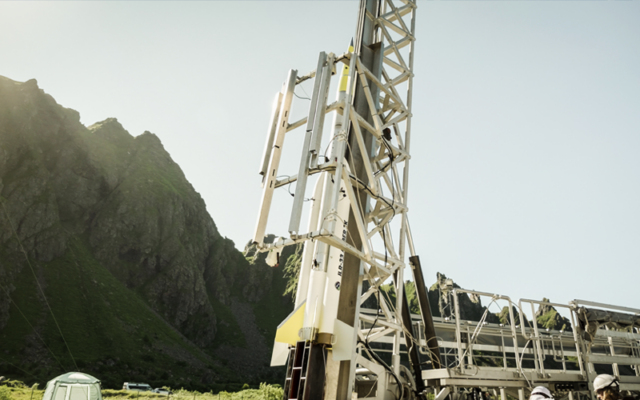Poland Takes a Giant Leap: The Launch of Its First Liquid-Fueled Rocket
Exciting news from Poland’s aerospace landscape! The nation has recently celebrated a groundbreaking achievement with the successful launch of its first liquid-fueled rocket, the ILR-33 AMBER 2K, from the Andøya Space Center in Norway. This isn’t just another rocket launch—it’s a historic moment that elevates Poland’s status in the global aerospace community and opens up new possibilities for commercial space ventures.
A Historic Launch
Imagine witnessing the launch of a rocket that reaches an impressive altitude of 101 kilometers, crossing what we call the Kármán line—the boundary of space. This successful ascent marks Poland’s significant step into the realm of space exploration and scientific research. Developed by the Łukasiewicz Aviation Institute, the ILR-33 AMBER 2K stands as a testament to Polish ingenuity and engineering prowess.
Innovative Engineering for a Sustainable Future
One of the standout features of the ILR-33 AMBER 2K is its use of 98% hydrogen peroxide as an oxidizer. This innovative approach not only enhances rocket performance but also moves the aerospace industry closer to sustainable practices. For instance, NASA has been exploring similar eco-friendly propellants that minimize environmental impact, emphasizing a growing commitment to sustainable space travel.
To put this into perspective, the use of greener propellants could lessen the carbon footprint of space missions significantly. According to recent studies, traditional rocket fuels can produce hundreds of tons of carbon emissions per launch, while transitioning to cleaner alternatives could reduce this number dramatically, contributing to a more sustainable future for space exploration.
The Future Looks Bright
Looking ahead, Polish aerospace company Thorium Space has exciting plans. They aim to secure operational permits for the ILR-33 AMBER 2K, with the intention of using the rocket for groundbreaking scientific research initiatives from 2025 to 2027. This forward-thinking strategy not only reinforces the commitment of Polish engineers and scientists to innovation but also supports the broader goals of scientific advancement in space.
What This Means for Poland and Beyond
The successful launch of the ILR-33 AMBER 2K serves as a critical milestone not only for Poland but for the global aerospace sector. As countries continue to innovate and explore the cosmos, Poland’s involvement highlights the potential for new scientific discoveries and commercial opportunities.
- Engagement in Global Collaborations: Poland’s advancements in aerospace technology position the nation as an attractive partner for international space programs and collaborations.
- Pioneering Research: The commitment to utilizing sustainable technologies can inspire other countries to follow suit, potentially leading to a wave of clean energy innovations in aerospace.
- Boosting the Economy: With increased engagement in the aerospace industry, Poland may see job creation and technological growth, stemming from private investments and global partnerships.
As we stand on the cusp of an exciting era in space exploration, Poland’s entry into this field demonstrates a shared human aspiration to explore the universe while caring for our home planet. The future is full of promise, and this launch is just the beginning of Poland’s journey into the stars.





